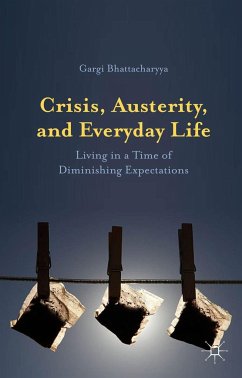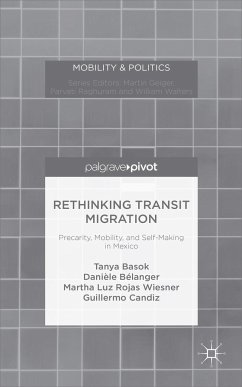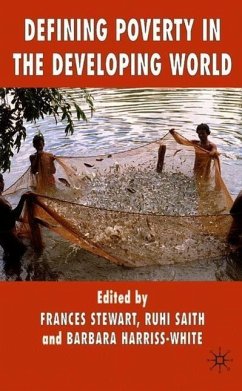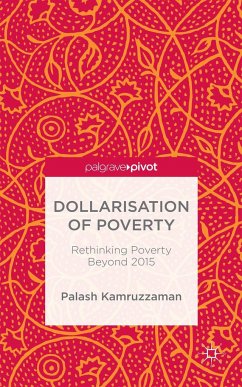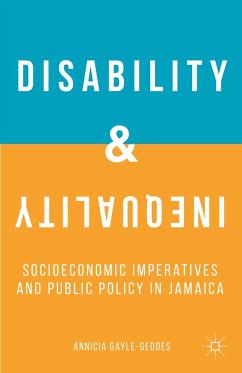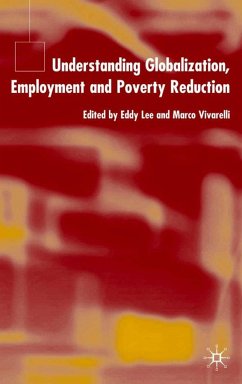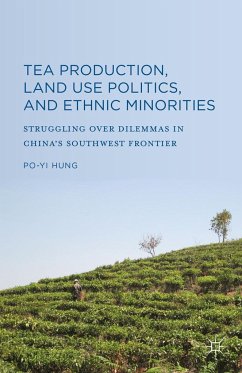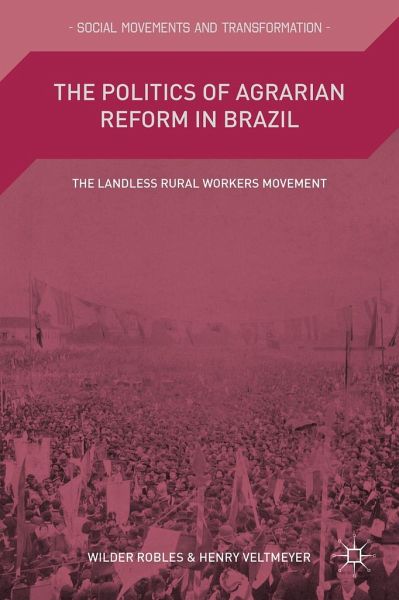
The Politics of Agrarian Reform in Brazil
The Landless Rural Workers Movement
Versandkostenfrei!
Versandfertig in 6-10 Tagen
38,99 €
inkl. MwSt.

PAYBACK Punkte
19 °P sammeln!
The Politics of Agrarian Reform in Brazil examines the interrelationships among peasant mobilization, agrarian reform and cooperativism in contemporary Brazil. Specifically, it addresses the challenges facing peasant movements in their pursuit of political and economic democracy. The book takes as a point of reference the Landless Rural Workers Movement (MST), the most dynamic force for progressive social change in Latin America today. Robles and Veltmeyer argue that the MST has effectively practiced the politics of land occupation and the politics of agricultural cooperativism to consolidate ...
The Politics of Agrarian Reform in Brazil examines the interrelationships among peasant mobilization, agrarian reform and cooperativism in contemporary Brazil. Specifically, it addresses the challenges facing peasant movements in their pursuit of political and economic democracy. The book takes as a point of reference the Landless Rural Workers Movement (MST), the most dynamic force for progressive social change in Latin America today. Robles and Veltmeyer argue that the MST has effectively practiced the politics of land occupation and the politics of agricultural cooperativism to consolidate the food sovereignty model of agrarian reform. However, the rapid expansion of the corporate-led agribusiness model, which is supported by Brazil's political elite, has undermined the MST's efforts. The authors argue that despite intense peasant mobilization, agrarian reform remains an unfulfilled political promise in Brazil.





